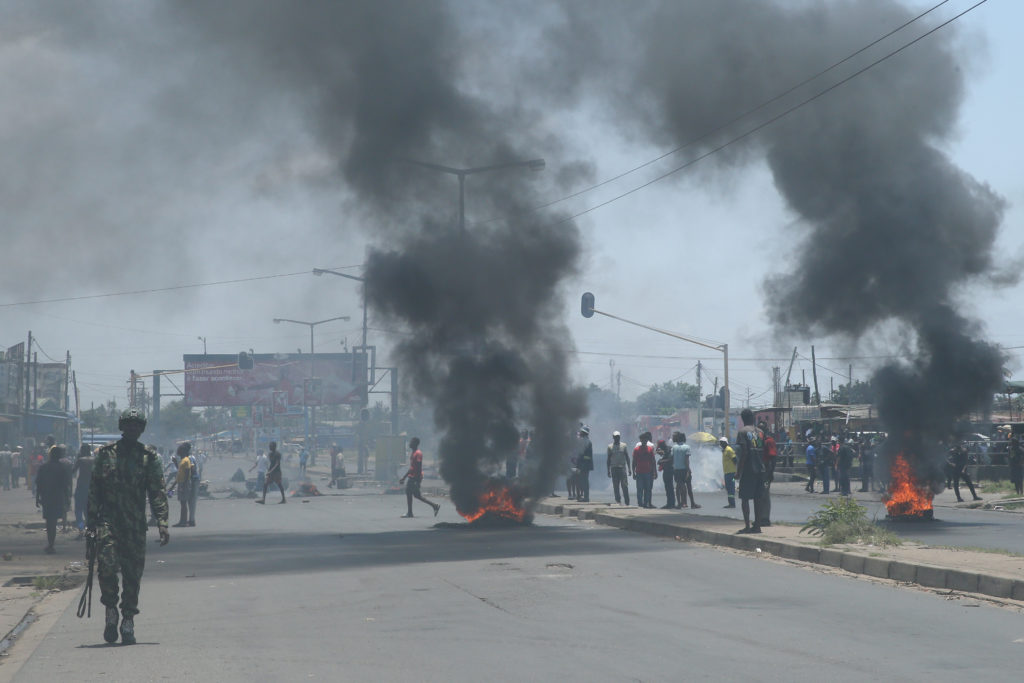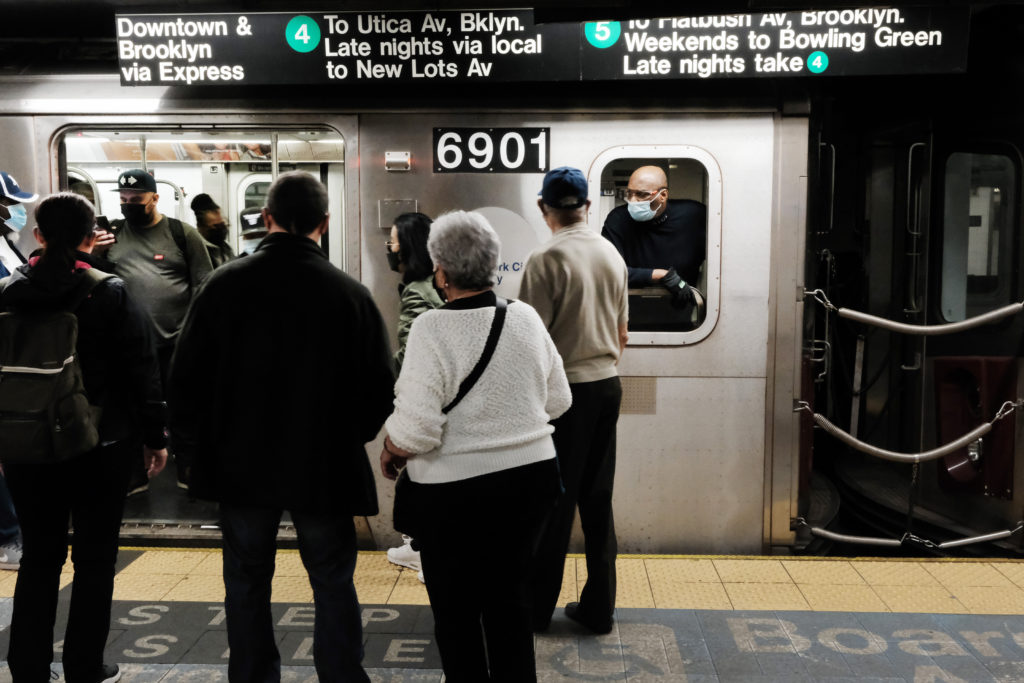Thailand’s morgue workers are battling exhaustion as the kingdom’s latest Covid-19 wave hits new highs and the death toll mounts.
The daily total of new cases broke the 20,000 threshold for the first time on Wednesday, a feat repeated on Thursday.
Authorities announced 160 more deaths on Thursday, taking the total to 5,663 since the pandemic began.
At Thammasat University Hospital, north of Bangkok, staff have had to rent a special container to store bodies after the morgue filled up.
“It’s very exhausting. We may not be the exact frontline workers who have to deal with newly infected patients every day, but we’re the final stage, and we have to help them however we can,” forensic scientist Thanitchet Khetkham told AFP.
“I’ve seen our personnel faint quite a few times lately so fatigue is definitely starting to set in and we’re almost at our limits.”
Every body that arrives for handling has to be swabbed for Covid-19 by morgue staff swathed in head-to-toe protective suits and face masks and shields.
“We have the same number of personnel as before the pandemic but the work we do has tripled so we sure feel under pressure and stressed out,” forensic physician Thippailin Phinjirapong told AFP.
“If one of our personnel happens to get sick then we’d be in big trouble.”
The government has imposed severe curbs on daily life in dozens of provinces, including Bangkok, as it battles to contain the outbreak, fuelled by the highly contagious Delta variant of the virus.
Bars, swimming pools, museums and other public venues have been closed, strict limits placed on shopping malls and restaurants and a seven-hour nighttime curfew imposed.
But so far the measures have not slowed the spread, with 20,920 new cases announced on Thursday, taking the total since the start of the pandemic to almost 700,000.
After a sluggish start beset by procurement problems, authorities are trying to speed up the vaccination programme, and more than 14 million people have now had at least one shot.
Government spokesman Anucha Burapachaisri told AFP the government aimed to administer at least 10 million doses a month by the end of the year.










